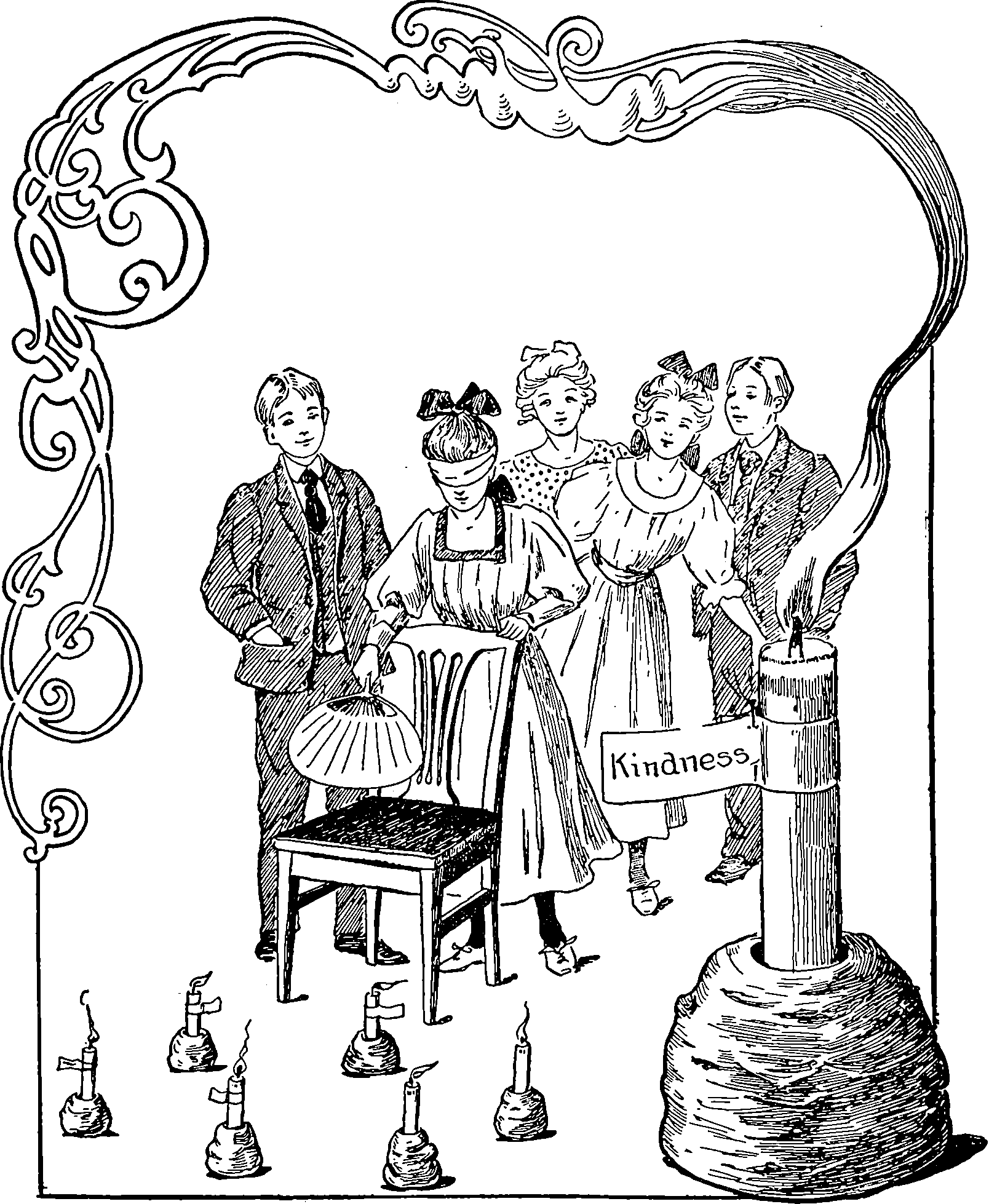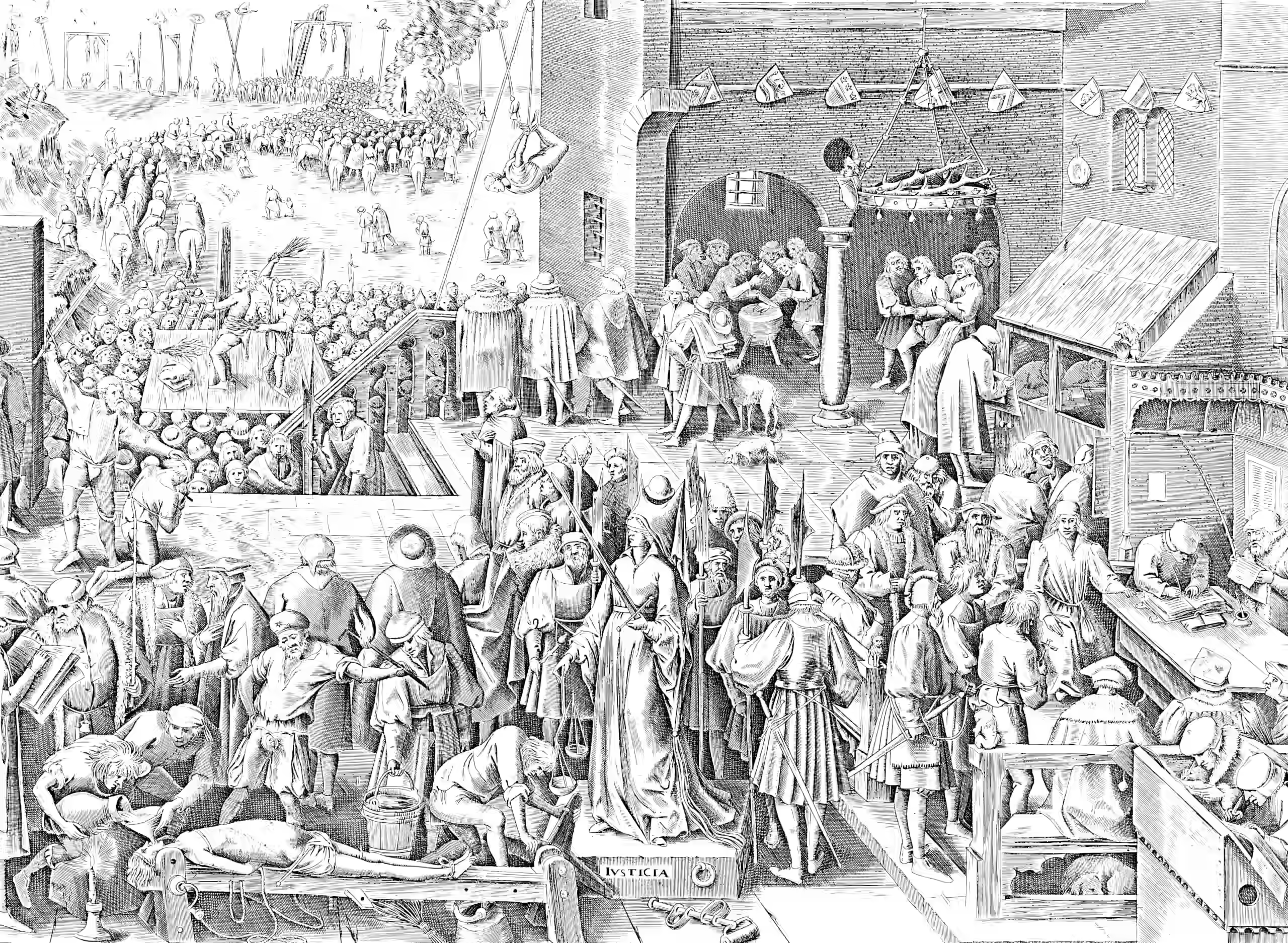Cooperation in evolutionary context
‘Cui bono’ for selfishness
April 26, 2020 — February 25, 2024
Suspiciously similar content
In the pyramid of complexity of organization of life, cooperation is when parts at some level in that pyramid help each other out for the apparent benefit of some other level. Whenever that occurs, people argue about who benefits. How do we have the moral wetware to support interpersonal institutions with non-myopic benefits?
The evolution of cooperation in organisms of varying degrees of complexity. Group selection, kin selection, eusociality, miscellaneous other mechanisms, multi-level selection. Does it happen, how much, etc.
1 What is selected?
Brian McGill’s parable of the hens, based on Muir and Craig (1998), a.k.a. putting the “coop” in “cooperation”.
High productivity egg-laying is associated with aggression — indeed the highest egg layers are basically the ones that beat up the other hens in the coop with them and capture the most resources. […]
Then in the 1980s people got the idea to use group selection. Instead of picking individuals that were most productive, they selected entire hen houses that were most productive to produce the next generation
Kevin Simler, The Leaning Tower of Morality:
The only way to get group selection to work out, mathematically, is under very specific conditions. (1) Groups have to be fairly isolated from each other, enough that sociopaths can’t jump freely from group to group. And (2) they need enough time in isolation to allow group-level advantages to produce demographic gains. However, (3) the groups also need to come together periodically to remix their members. This all hinges on Simpson’s paradox, and you can read more about it here: Fletcher and Zwick (2007) and Powers, Heys, and Watson (2012).
2 Parochial altruism
Choi and Bowles (2007):
Altruism—benefiting fellow group members at a cost to oneself—and parochialism—hostility toward individuals not of one’s own ethnic, racial, or other group—are common human behaviours. The intersection of the two—which we term “parochial altruism”—is puzzling from an evolutionary perspective because altruistic or parochial behaviour reduces one’s payoffs by comparison to what one would gain by eschewing these behaviours. But parochial altruism could have evolved if parochialism promoted intergroup hostilities and the combination of altruism and parochialism contributed to success in these conflicts. Our game-theoretic analysis and agent-based simulations show that under conditions likely to have been experienced by late Pleistocene and early Holocene humans, neither parochialism nor altruism would have been viable singly, but by promoting group conflict, they could have evolved jointly.
3 Altruistic punishment
Famously, humans are altruistic in the technical sense that they do make systematic choices to do things at great costs to themselves, for the benefit of others. But those things are not nice! People tend, that is to say, to be altruistic punishers. We have a high appetite for enforcing rules and wreaking vengeance on those who break them, even if it will do us personally no good (Bernhard, Fischbacher, and Fehr 2006; Bowles and Gintis 2004; Boyd and Richerson 1992; Hetzer and Sornette 2013a, 2013b, 2009). Much has been made of this; the evolutionary justifications are rather interesting.
4 How noisy is it useful for evolutionary selfishness mechanisms to be?
Decision theory in evolution
TBD; how much does evolution need to know, about who it is helping?
5 How noisy must evolutionary selfishness mechanisms to be?
How much can evolution know about who it is helping?
6 Incoming
Derek Thompson, The Most Efficient Way to Save a Life
As Sam Kean explained in The Atlantic article “The Man Who Couldn’t Stop Giving,” the mainstream theory of altruism’s roots is known as “kin selection”. Since the engine of evolution is procreation, any gene pool should be rewarded for the instinct to help relatives (including distant relatives) survive and pass along their genes—even when that assistance requires great sacrifice. Altruism, in this interpretation, is natural rather than super-human.
The Constant: A History of Getting Things Wrong - The Constant
What collective moralities are possible? I think about them as <em>moral orbits</em>.

